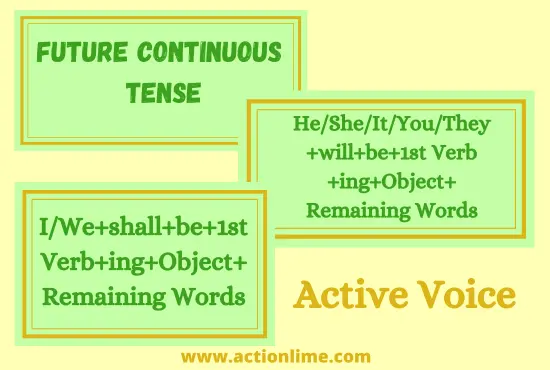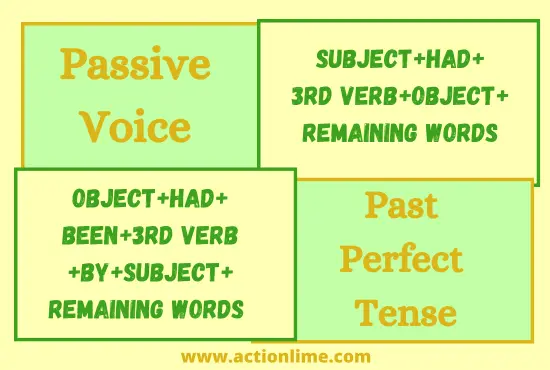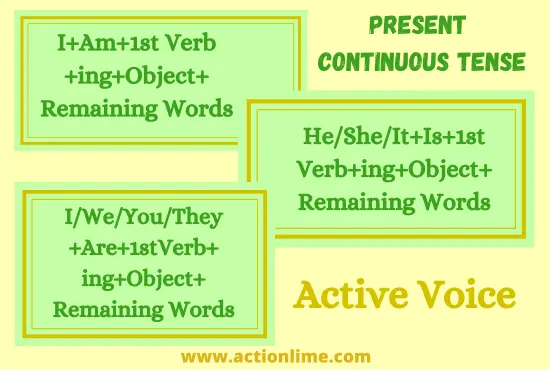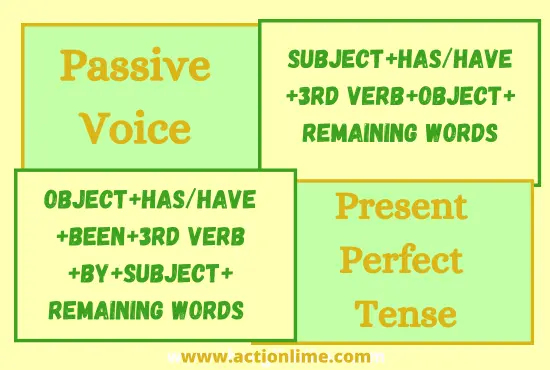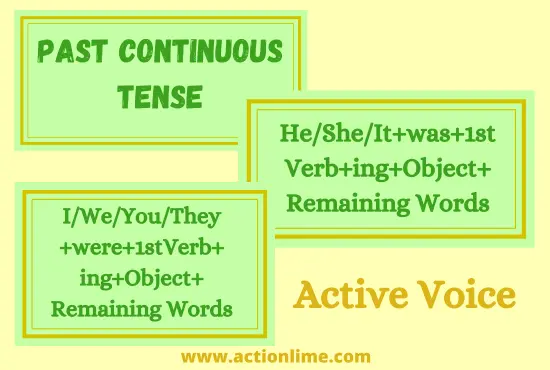Present Perfect Tense| Use, Rules, Formula, Examples

Present Perfect Tense can be explained as that type of present tense in which Verb is used to indicate the actions that have completed during present time. It means that actions that have started during the present time and then also completed during present time, can be expressed in Present Perfect Tense.
Rules to form Present Perfect Tense Sentences
Following are some rules that must be followed to form Present Perfect Tense Sentences.
- First, write the Subject of the completed action of the present time.
- Then, write the helping verb “has/have”, according to the Singular & Plural Number of Nouns and Pronouns.
- Then, write the 3rd Verb, to show that the action is completed.
- Then, write the Object, on which the Subject completes some action.
- Then, write the remaining words, if there are any.
Helping Verbs of Present Perfect Tense
The following 2 helping verbs can be used in Present Perfect Tense with the 3rd Verb to indicate the completed actions of the present time.
“Has” As Helping Verb in Present Perfect Tense
“Has” is used as a helping verb in Present Perfect Tense Sentences with Singular Number Nouns and Pronouns(He,she,it) to indicate the completed actions. Thus, Present Perfect Tense Sentences with “has” as an helping verb, have the following Sentence Structural formula.
He/She/It/Singular Nouns+ has+ 3rd Verb+ Object+ Remaining Words

“Have” As Helping Verb in Present Perfect Tense
“Have” is used as a helping verb in Sentences of Present Perfect Tense with Plural Number Nouns and Pronouns(I, We, You, They), to indicate the completed actions of the present time. Thus, Sentences of Present Perfect Tense with Plural Number Nouns and Pronouns have the following Sentence Structure formula.
I/We/You/They/Plural Nouns+ have+ 3rd Verb+ Object+ Remaining Words

Sentence Structure of Present Perfect Tense
Assertive, Negative, Interrogative, and Negative-Interrogative Sentences of Present Perfect Tense have the following Sentence Structure.
Assertive Sentence Structure of Present Perfect Tense
Assertive Sentences of Present Perfect Tense take “has” as a helping verb with Singular Number Nouns and Pronouns(He/She/It), and “have” comes as a helping verb with Plural Number Nouns and Pronouns(I, We,You, They), to indicate the completed actions of the present time. Thus, Assertive Sentences of Present Perfect Tense have the following Sentence Structure formula.
He/She/It/I/We/You/They/Singular & Plural Number Nouns+ has/have+ 3rd Verb+ Object+Remaining Words

Examples of Assertive Sentence Structure of Present Perfect Tense
Following are some examples of Assertive Sentences of Present Perfect Tense.
- I have completed the project on time.
- We have traveled to over twenty countries.
- You have finished your homework already.
- They have visited that museum several times.
- She has improved her skills significantly.
- He has made great progress this semester.
- The company has launched a new product line.
- You have made great progress this semester.
- I have never seen such a beautiful sunset.
- She has lived in this city for five years.
Negative Sentence Structure of Present Perfect Tense
Negative Sentences of Present Perfect Tense takes “not” with helping verbs “has/have”, to show the negative nature of completed actions of the present time. Thus, Negative Sentences of Present Perfect Tense have the following Sentence Structure.
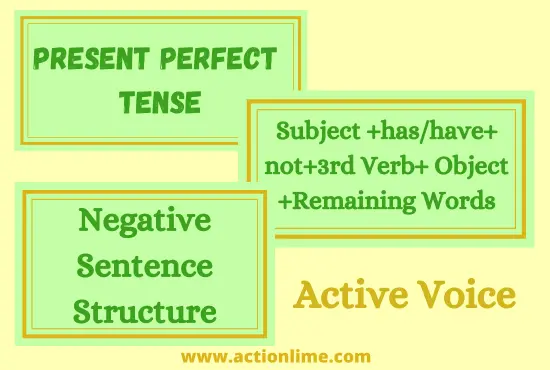
Examples of Negative Sentence Structure of Present Perfect Tense
Following are some examples of Negative Sentences of the Present Perfect Tense.
- I have not read that book before.
- We have not gone to Paris twice this year.
- You have not already finished your homework.
- They have not seen that movie three times.
- He has not worked at this company for ten years.
- She has not improved her English skills a lot.
- The kids have not eaten all the cookies.
- The team has not won their last five matches.
- I have never tried sushi before.
- She has not just arrived at the airport.
Interrogative Sentence Structure of Present Perfect Tense
Interrogative Sentences of Present Perfect Tense takes “has/have” at the start of Sentences to show the interrogative/questionability nature of the present-time completed actions. Thus, Interrogative Sentences of Present Perfect Tense have the following Sentence Structure formula.
Has/have+ I/We/You/They/He/She/It/ Singular & Plural Nouns+ 3rd Verb+ Object+Remaining Words+?

Examples of Interrogative Sentence Structure of Present Perfect Tense
Following are some examples of Interrogative Sentences of Present Perfect Tense.
- Have I visited the new museum downtown?
- Have we already left for the airport?
- Have you learned to play the guitar?
- Have they gone to the beach several times this summer?
- Has he been to New York City?
- Has she just finished her book?
- Has the company increased its profits this quarter?
- Have I called you three times today?
- Have we seen that show before?
- Have they completed their assignments on time?
Negative-Interrogative Sentence Structure of Present Perfect Tense
Negative-Interrogative Sentences of Present Perfect Tense takes “has/have”, at the start of Sentences to show the interrogative/questionability nature of the present time completed actions. And “not” comes after the Subject of Sentences to show the negative nature of completed actions. Thus, Negative-Interrogative Sentences of Present Perfect Tense have the following Sentence Structure formula.
Has/have+He/She/It/I/We/You/They/Singular & Plural Nouns+not+3rd Verb+Object+Remaining Words+?
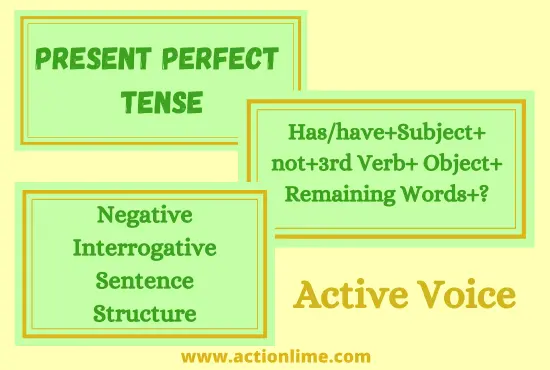
Examples of Negative-Interrogative Sentence Structure of Present Perfect Tense
Following are some examples of Negative-Interrogative Sentences of Present Perfect Tense.
- Have I not bought a new car this month?
- Have we not written five letters so far?
- Have you not completed the renovation of your house?
- Have they not heard that song on the radio?
- Has he not cooked dinner for us?
- Has she not traveled to many different countries?
- Have the children not learned a lot in School this year?
- Have the students not finished their exams?
- Have you not helped me with this project before?
- Have I not found my keys?
Present Perfect Tense-Passive Voice
Present Perfect Tense Sentences can easily be converted into Passive Voice form, just by following the rules mentioned in the below article.
